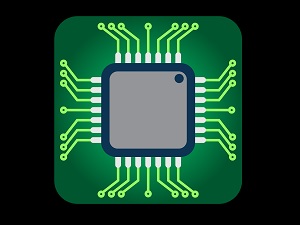 Intel has had more than its share of challenges over the last couple of years.
Intel has had more than its share of challenges over the last couple of years.
Not the least of which included a whole family of new attack vectors that made headlines and caused panic around the world.
This happened as hackers discovered new ways to attack machines with 'Intel Inside,' which globally, is a lot of machines.
The company responded slowly and somewhat haphazardly to the initial onslaught, but ultimately, they released some viable fixes. It's clear that Meltdown and Spectre attacks left a scar on the company's psyche. Since then, security has been front and center for the company, and recently, this point was underscored when they released details about their next generation of chip, code-named Ice Lake.
The new Ice Lake chips will feature improved Intel SGX, which is a processor-based security feature that allows applications to run in virtually walled-off enclaves that provide robust hardware-based encryption, which provides rock solid security for the app and the data it is utilizing, while running, with the goal being to minimize code injection style attacks and any unwanted snooping.
To this, the company is also adding Intel TME, which stands for Total Memory Encryption, which is a new feature designed to protect the data accessed from the CPU, specifically including stored login credentials and encryption keys, by keeping it encrypted at all times and protecting against hardware attacks.
Finally, the new Ice Lake chips will introduce Intel Platform Firmware Resilience (Intel PFR), which is a new system that automatically detects for firmware corruption and restores from a previous backup if there's a problem detected.
We'll have to wait and see the new chips in action to know how successful these new additions will be. No doubt, some hacker, somewhere in the world will find a hole in the armor, but the changes do indeed sound fantastic. It will be interesting to see them in action. Kudos to Intel for continuing to innovate with safety and security in mind.




